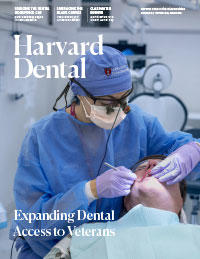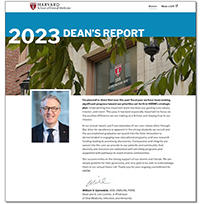
The COVID-19 pandemic brought into focus the vulnerabilities of the health care system, as well as sparked conversations surrounding data, integration, and technology. During the fourth biannual Leadership Forum, which was hosted by Harvard School of Dental Medicine’s Initiative to Integrate Oral Health and Medicine, experts in the fields of medicine, dentistry, academia, and business convened to discuss such topics and what integration would mean. The all-day event, held virtually on July 20, consisted of presentations and panels by thought leaders in the health care industry on the topic of “Data Driven Innovations and Integration: Achieving Person Centered Care.” This year's Forum centered on the importance of data and what integration may look like in oral health and medicine for different stakeholders.
Integration and Technology
Dr. Troyen Brennan, Chief Medical Officer at CVS Health, kicked off the event with a discussion on long-term trends and emerging initiatives in U.S. health care. Dr. Brennan presented four irreversible trends he has observed, which include an increasing federal role in health care, an aging population, higher costs for services, and workers having to pay a larger share of care. Dr. Brennan added that “a system that underinsures people is not a sufficient system,” and America’s expensive health care system is crowding out other public goods. This will only be exacerbated by growing disease burden, however, he said the COVID-19 pandemic has opened up new avenues to accomplish integrated primary care.
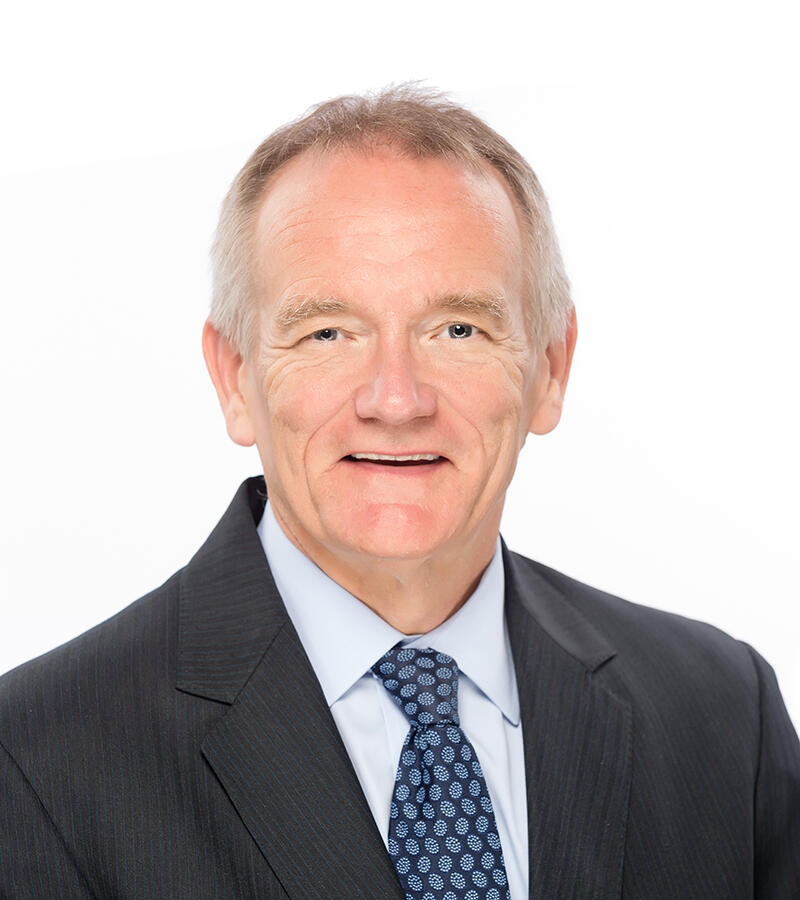
Dr. John Halamka, President of Mayo Clinic Platforms, followed by stating that the role of data is extremely salient in a post-COVID-19 world. In his presentation, “Emerging Technology Platforms in Health Care,” he discussed a new paradigm for health care, specifically citing the Mayo Clinic cloud model that includes gathering records and tests, discovering data, validating through data quality and bias detection, and delivering the care. During his session, Dr. Halamka also touched on topics such as privacy preservation, discoveries from longitudinal patient records, virtual care delivery, and artificial intelligence.
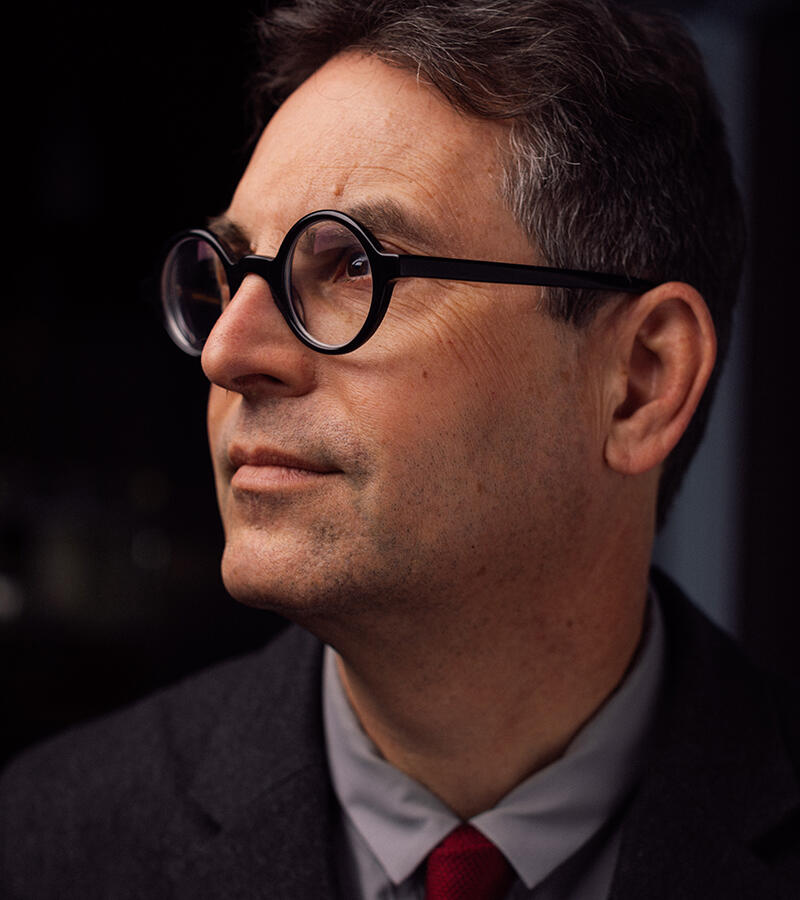
Health Literacy and Equitable Access
In a virtual fireside chat, Dr. Alden M. Landry, Assistant Dean of the Office for Diversity Inclusion and Community Partnership at Harvard Medical School and Assistant Professor of Emergency Medicine at Beth Israel Deaconess Medical Center, spoke with Dr. Ben Robbins, Venture Partner at GV, about innovations in health care and access. Dr. Robbins said there has been an increasing movement toward data transparency, and that includes in billing data. Dr. Landry and Dr. Robbins also discussed health literacy issues, specifically regarding how many patients aren’t sure how to interpret notes written in jargon or simply feel overloaded with information.
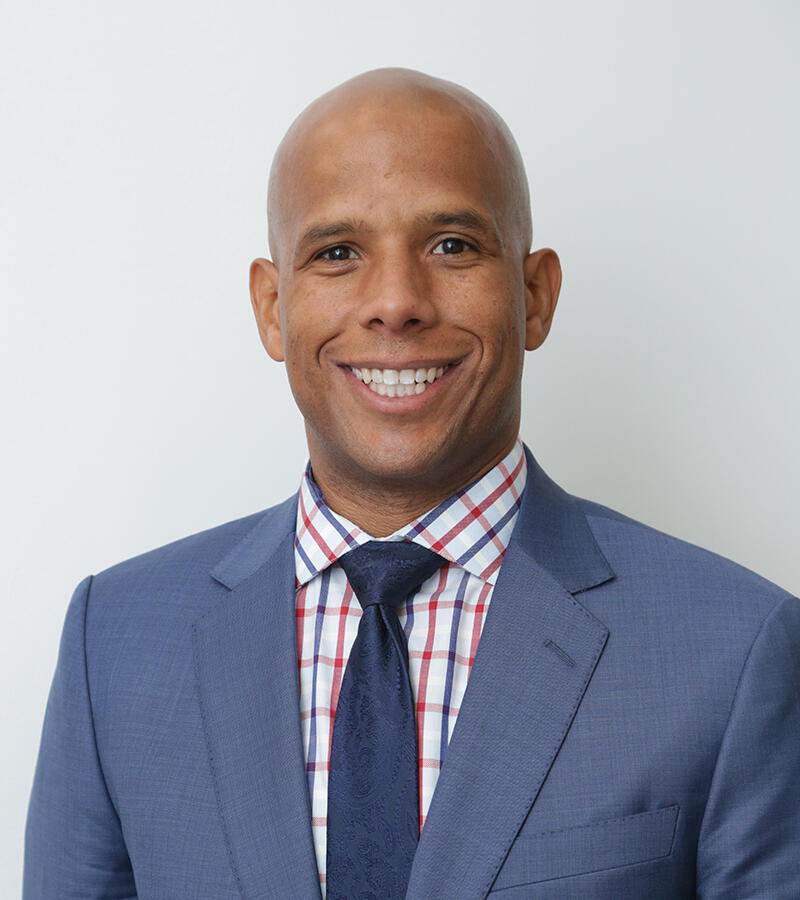
Connecting Oral Health to Overall Health
During the event, attendees heard from multiple leading medical experts during several panels. Panel discussions included “Integrated Care for Special Populations,” “Promoting Integration through Value-Based Care,” and “Building Effective Strategies for Integration.” A key topic of discussion that streamed throughout the panels was the integration of oral health into general care, and how different patient populations have different needs. There will not be a one-size fits all set of digital tools, and health professionals need to know how best to communicate with their patients and inter-professional colleagues and how best to deliver needed care given the tools and options available.
These discussions included points about treating the patient holistically, the connection between oral health and overall health, teamwork, acknowledging barriers to health care, training medical professionals, and helping patients manage more than one condition. For example, one case study presented depicted how a patient with type 2 diabetes may also experience dental complications, thus furthering the argument for oral health integration.
In one panel, “Will COVID-19 be the Catalyst for Integration?,” participants discussed specifically how the COVID-19 pandemic shed light on disparities and the barriers that many people, such as people of color or people with disabilities, face when trying to access health care and how technology can be used to help address them.
Panelists also discussed alternative payment mechanisms, global payments, bundled care, how to get CMMS to include dental, and the need for diagnostic codes to help measure quality and demonstrate improved outcomes. They also talked about whether we are closer than ever before to a Medicare dental benefit and the potential for Medicaid to develop an adult benefit along the lines of CHIP for children.
Driving Change Through Leadership
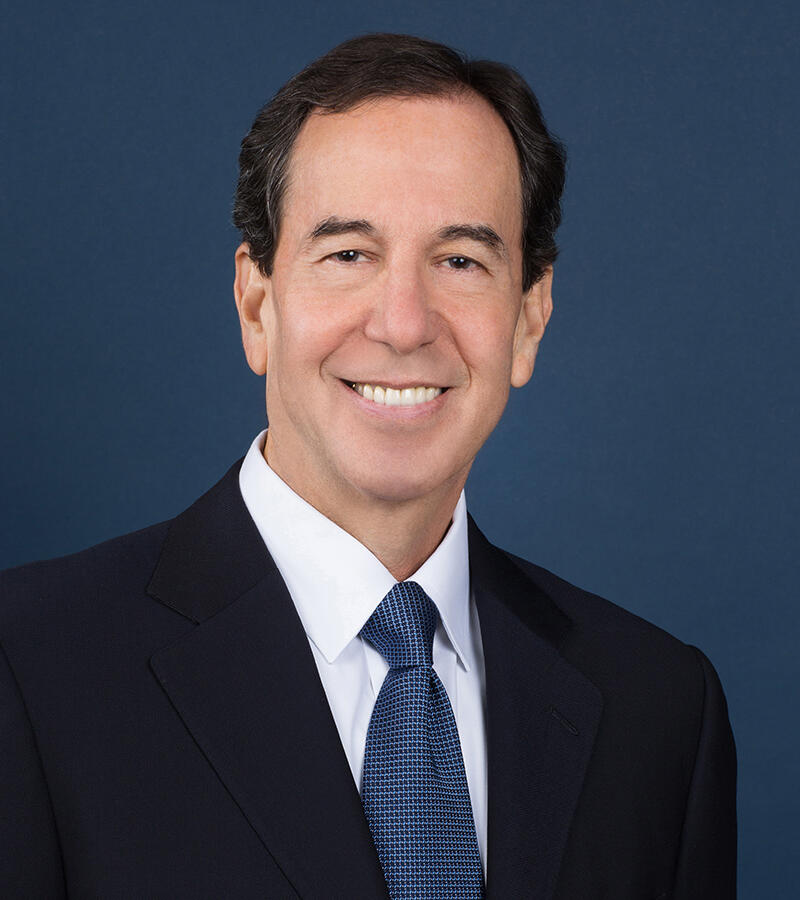
He also said innovation is a trial-and-error process, and one has to be willing to fail. To him, people don’t necessarily resist change, but rather the losses from change. To stay alive in the practice of leadership, people must assess and learn, listen carefully, have supportive partners, and distinguish themselves from their roles.
“People can practice leadership everywhere,” he said. “Help each other rejoice in the fruits of your good work.”
During the closing remarks, William V. Giannobile, Dean of the Harvard School of Dental Medicine, discussed how trends show a dynamic environment has exacerbated disparities and access challenges but has led to swift adoption of new technology and new modes of care and communication. With COVID having served as a catalyst for change and integration, he said we see consumers and politicians pushing for change - and adaptive leadership is critical in effecting that change.
By Elizabeth Katona, Freelance Correspondent

